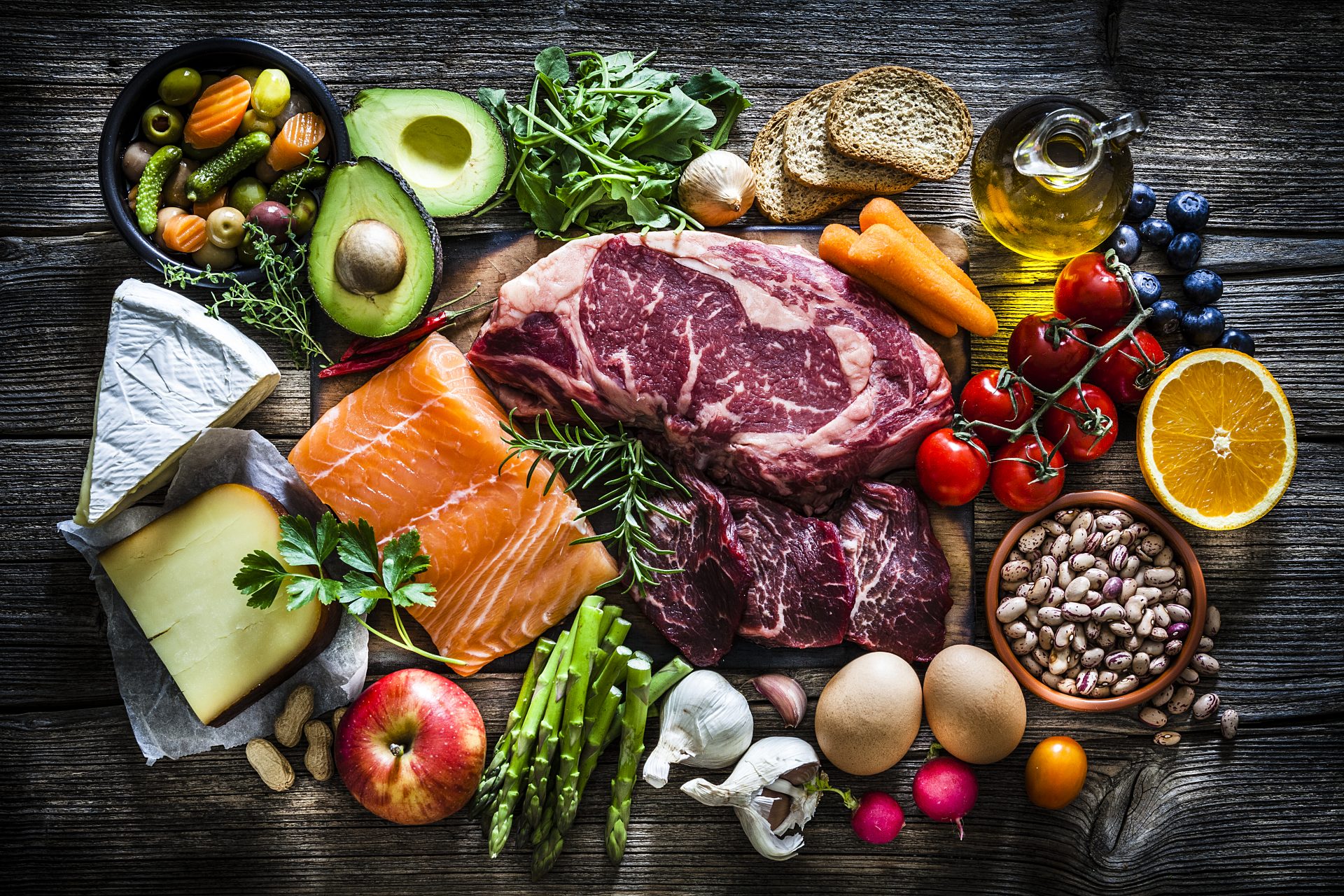These minerals, mental health supplements and herbal immunity helpers shouldn’t be mixed, according to a nutritionist.
Supplements may not be seen in the same serious light as taking prescription or chemical medication, which is why many of us might try our hand at a few different pills, tablets, sprays or drinks when we want to improve our health. But dosing up on all of these things might not be giving you the benefits you were hoping for.
“Many natural supplements can interact with each other,” says Holland and Barrett nutritionist Alex Glover. “There are different types of interaction that can happen with any form of nutrition aid, ranging from a reduction in absorption rates to harmful overdose effects.”
You may also like
Nutrition tips: avoid coffee at breakfast and other tips for making your diet super nutritious
Yes, your supplements can be potent enough to cause serious side effects. The problem is that “it’s very rare that you’ll find two herbal supplements tested together in a clinical trial,” says Glover, which means drawing up a complete list of interactions is almost impossible. But there are some popular pairings that Glover warns might be doing more harm than good.
Minerals that interact
Combining minerals is rarely bad, according to Glover. “However, I’d be aware of the fact that iron and calcium ‘compete’ for the same processes in the body, which can lower the absorption rate if they are taken together.”
That’s true when pairing foods, meaning your body won’t take in as much iron from a steak if you eat it with calcium-rich cheese, for example, and that’s also the case when taken in tablet form.
“It’s impossible to say what degree of inhibition it has, especially as absorption rates depend on the individual and their gastrointestinal system, but it’s fair to say that there will be some interaction,” says Glover.

“That might not be a problem if you’re taking a multivitamin that contains 100% of your daily intake and you’re eating a balanced diet rich in nutrients, but it’s relevant to people with a real problem with those micronutrients – so if you are severely anaemic or you have osteoporosis, you probably should be more mindful of spacing the foods or tablets out.”
Supplements that shouldn’t be taken together
When it comes to herbal remedies, the golden rule is not to combine supplements that promise the same result. “I know that when people have an ailment or a problem, they think it’s best to throw the kitchen sink at it and just try everything, but that’s not the best way forward,” says Glover.
That’s particularly true when it comes to mental health supplements. These natural remedies, like CBD or magnesium sprays, are popular, but many of them trigger the same reaction in your body and can be dangerous when taken together.
You may also like
5-HTP: could this supplement help you sleep better and feel happier?
“For example, supplements like saffron and 5-HTP both work by having the same effect on serotonin. They shouldn’t be taken together otherwise you’re going to get a ‘double dose’ effect which could be detrimental in the long term,” says Glover.
Another example is valerian root, a strong natural sleep aid that shouldn’t be mixed with other sleep enhancing substances, particularly alcohol or antihistamines, to avoid side effects of drowsiness and dizziness.
St John’s wort is another hugely popular supplement for low mood and anxiety that Glover warns shouldn’t be taken with any other form of medication, including herbal treatments. “That’s because of the way in which St. John’s wort is metabolised. It inhibits a certain enzyme in the liver that other medications need in order to be broken down,” he explains.
It might mean you don’t ingest a high enough dose of your prescription medication, which can be dangerous for many. And, when taken with other mood enhancers, can again cause an overdose effect based on high levels of serotonin.

Glover also warns against pairing too many natural anti-inflammatories, a common supplement for those with joint pain or who are susceptible to regular colds. “Turmeric and curcumin are popular anti-inflammatory supplements that can help prevent soreness and infection,” says Glover.
“But in order for your body to heal and protect itself from illness, it needs some inflammation in the body. You don’t want to take too many supplements that reduce inflammation and stop the body’s natural processes.”
Whether or not over-the-counter supplements can really lower inflammation to a dangerous point hasn’t been proven, but piling on the anti-inflammatories isn’t wise. “I wouldn’t say you would do yourself harm, but it might be counterproductive,” Glover says.
“You can get immunity complexes or relaxing formulas which may contain multiple different compounds, but these are formulated with the inhibitory and complementary doses in mind. The main concern is that it’s very, very hard for an individual on the shop floor to work out what individual supplements work together and what doesn’t,” he adds.
Remember that before taking any supplement it’s always best to talk to your GP. And don’t be nonchalant about your natural supplements – they can be potent too.
Images: Getty
Source: Read Full Article
